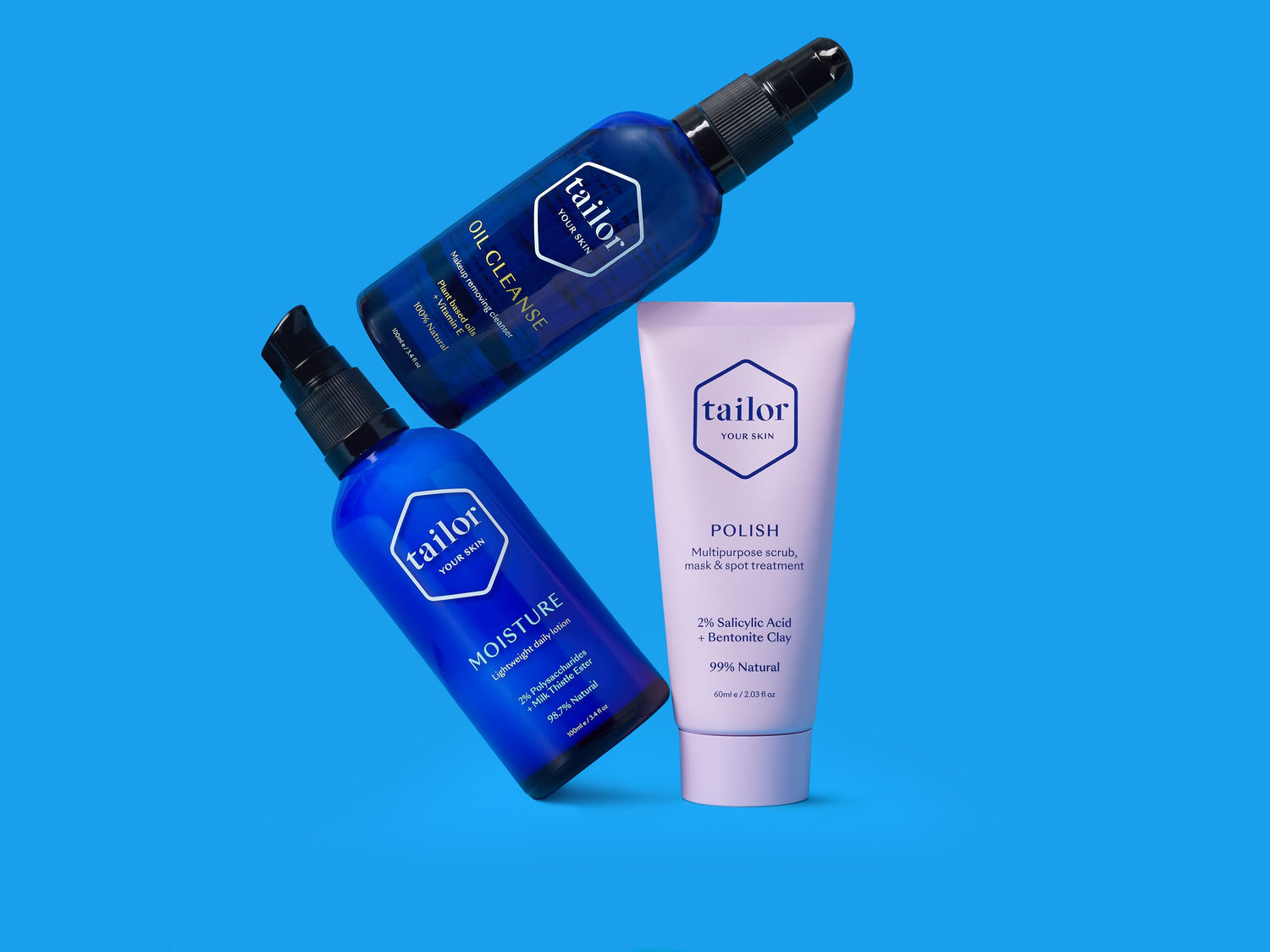When it comes to the best skincare treatments, ask any beauty professional or dermatologist and you won’t get very far without hearing the word retinol.
From wrinkles to hyperpigmentation and acne - retinol has become a staple in skincare routines around the world and can genuinely work wonders. Buuuut there’s one major let down. If you can’t find the ‘right’ retinol product for your skin type and you don’t use it properly, it can cause all kinds of skin irritations.
Cue bakuchiol (bah-koo-chee-ole) - the first ever plant-based, vegan alternative to retinol… an ingredient we’re SUPER excited about. Life’s already busy enough as it is, so today we’re talking about how bakuchiol is good for skin - helping you achieve naturally great results regardless of skin type without freakout level have-to-stay-at-home-now skin drams.

Retinol 101 - What is Retinol and why is it so popular?
Before we start raving about the beauty worlds’ latest buzz ingredient, let’s take it back a notch. Why has an alternative to retinol even been created if it’s already so damn good? Retinol is a type of retinoid, which are all forms of vitamin A - a vitamin that’s crucial for skin function, not to mention our eyes and immune system in general.
Retinoids smooth out fine lines and wrinkles, unclog pores to help banish acne and annoying pimples, fade dark spots and brightens dull skin. Aka, that miracle in a box we spoke about earlier. There’s no research suggesting what age we should start using this liquid gold, however if you’re prone to hyperpigmentation or acne you could start incorporating retinol into your night-time routine from as early as your mid-20s.
Side effects of Retinol
The issue with retinol is it’s extremely ‘active’ - meaning if your skin is even remotely a bit sensitive (especially those with rosacea) or dry skin, it can cause further dryness, peeling, burning, flaking, redness and all round frustrating irritation. This is especially true if you bring retinol into your skincare routine too fast or use it too much. Not to mention the need for SPF2000 sunblock (totes wish it was a thing) as your skin can become quite sensitive to sunlight. Keep in mind if you are pregnant, trying to conceive or are nursing, a natural retinol alternative would be your best friend during this time as too much vitamin A can be harmful to a growing fetus or infant.
What is Bakuchiol made from and how does it work?
So let's be honest... we’re all moving on from skincare that can make you look like a charred beetroot. Bakuchiol is a phytochemical (chemical compounds that naturally occur in plants) mainly derived from the seeds of the Indian Babchi tree as well as the Cherry Riceflower, Father David Elm tree and Indian Long Pepper.
It’s actually been around for ages (we’re talking centuries), being used in Indian and Chinese medicine to treat a tonne of different diseases, but has only just started showing up in cosmetics - and although clinical health research is limited, it’s looking pretty promising, especially when it comes to the skin.
According to Dermatologists Alexandra Vaughn & Raja Sivamani, “Bakuchiol has been reported to possess anti-inflammatory, antioxidant, anti-tumor, anti-bacterial and anti-acne activity”. In their June 2018 study, they found although retinol and bakuchiol don’t have close structural similarities, bakuchiol appears to “target several cellular pathways similar to those targeted by retinoids”, therefore increasing collagen production and cell turnover in a similar way that retinol does. Ummm, YAY.

Is Bakuchiol better than Retinol?
Researchers in a 2014 study published in the International Journal of Cosmetic Science also noted bakuchiol has several huge advantages over retinol, especially on certain anti-ageing genes and proteins. As well as being a great ingredient when made into a serum (won’t break down in water), bakuchiol can be used during the day “due to its photostability”. This is awesome news seeing as retinol should really only be used at night-time, because, as mentioned earlier, it increases the skin’s sensitivity to the sun.
The participants in the 2014 and 2018 studies, although conducted slightly differently (one tested bakuchiol on synthetic (lab cultured) skin cells and the other tested bakuchiol vs retinol on humans), saw similar results when using bakuchiol twice a day - improvements in fine lines, wrinkles, roughness, hyperpigmentation, redness and elasticity - the anti-ageing skin benefits of our dreams. Their key finding? Using bakuchiol twice a day is just as effective as using retinol once a day AND the group using bakuchiol found it gentler on their skin, having less stinging and flaking than the group using retinol.
So if you’re all about the natural skincare life (like us!), then yes, you could argue bakuchiol is better. But at the end of the day, it does depend on your skin type. If your skin can handle retinol, there’s no reason why you can’t layer both products for extra dewy, brighter skin (or even add some vitamin c!). (Just remember if you’ve got a gorgeous bubba on the way to double check with your doctor re using retinol first).

Is Bakuchiol good for acne?
So although the above clinical studies have mainly focused on bakuchiol’s anti-ageing benefits, let’s not forget about our arch-nemesis, acne. To find out what causes acne breakouts, you can read our blog here, but thanks to Dr. Ratan Chaudhuri (the lead researcher in the 2014 study) delving a bit deeper, he’s found bakuchiol is clinically proven to reduce multiple signs of acne.
How? By controlling sebum production (oiliness) and stimulating the skins antioxidant defense system, controlling bacterial overpopulation (being anti-bacterial and anti-fungal), restricting inflammation and correcting hyperkeratinisation (hair follicles getting blocked). Pretty freaking awesome stuff. If you have cystic or more severe acne, there’s no reason why you shouldn’t give bakuchiol a go, however it's super important to note that bakuchiol has been compared to retinol, not tretinoin (a much stronger retinoid, usually given by prescription) which is way more potent and may be what you need to get results. And hey, that’s okay - we want you to make the best and most informed decision for you!
We'll let you be the judge. Try bakuchiol for yourself in our youth elixir, Illume. We've paired 1% bakuchiol with organic hemp seed oil and squalene to create an ultra nourishing, anti-ageing and anti-breakout serum.

